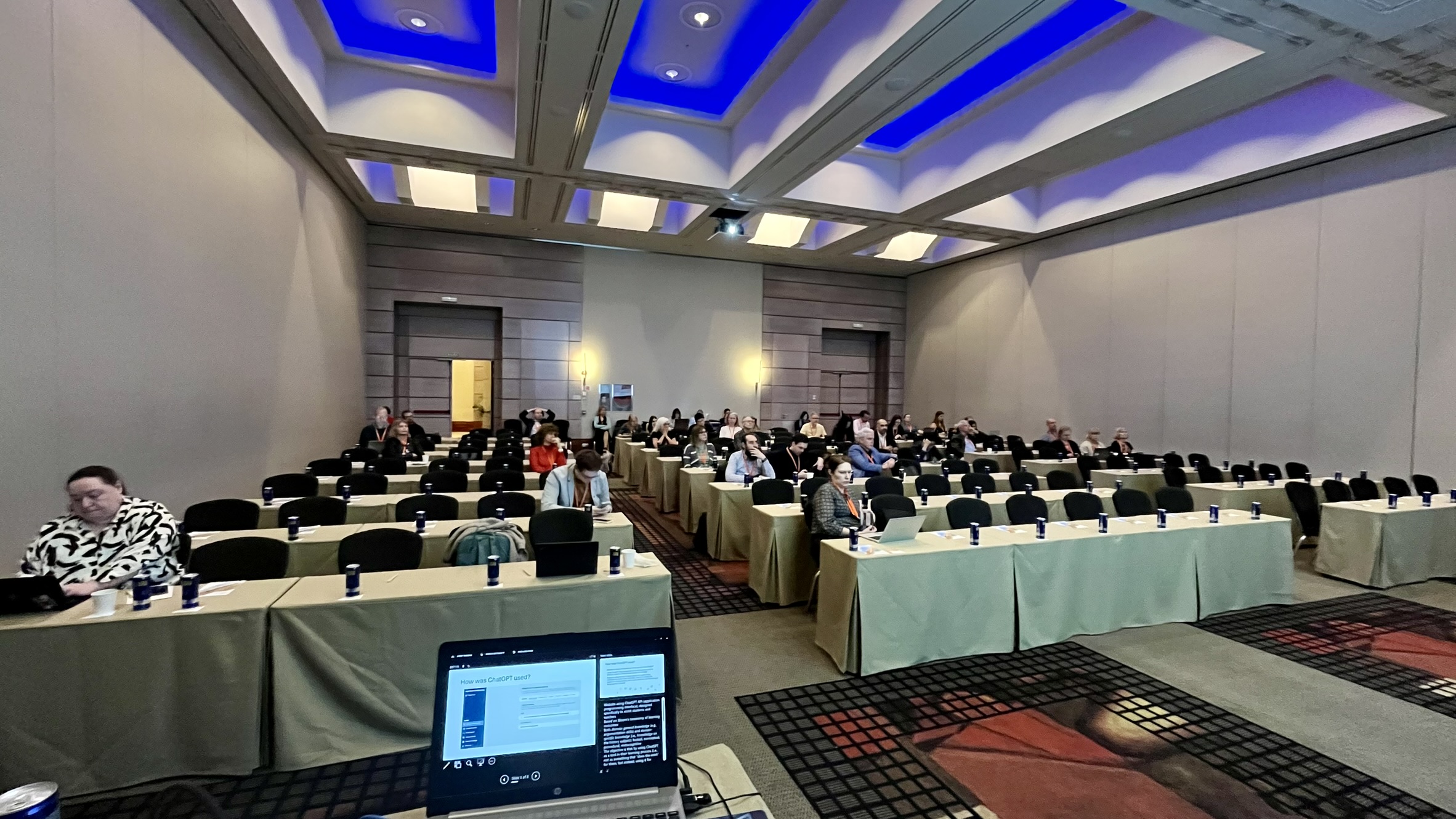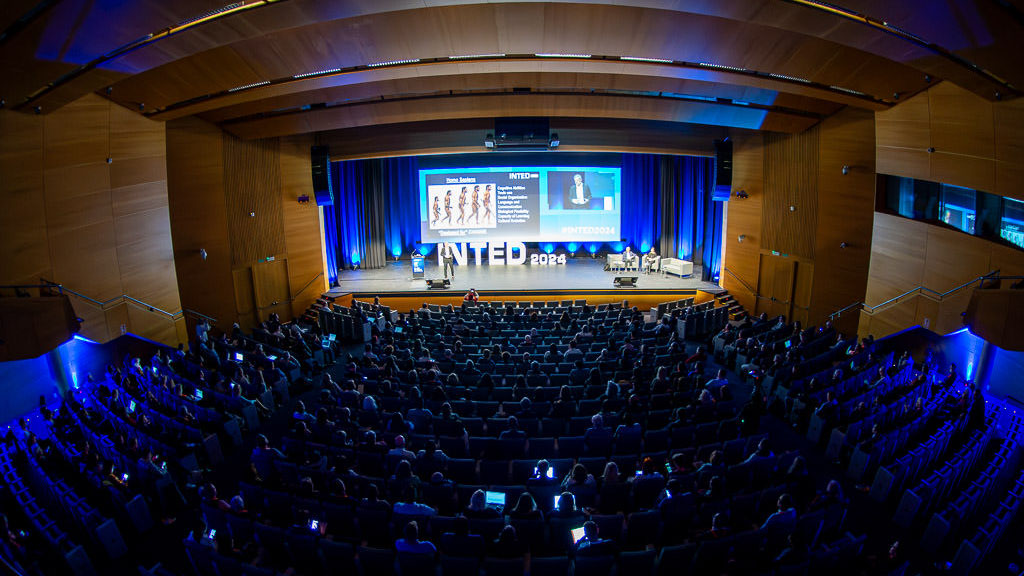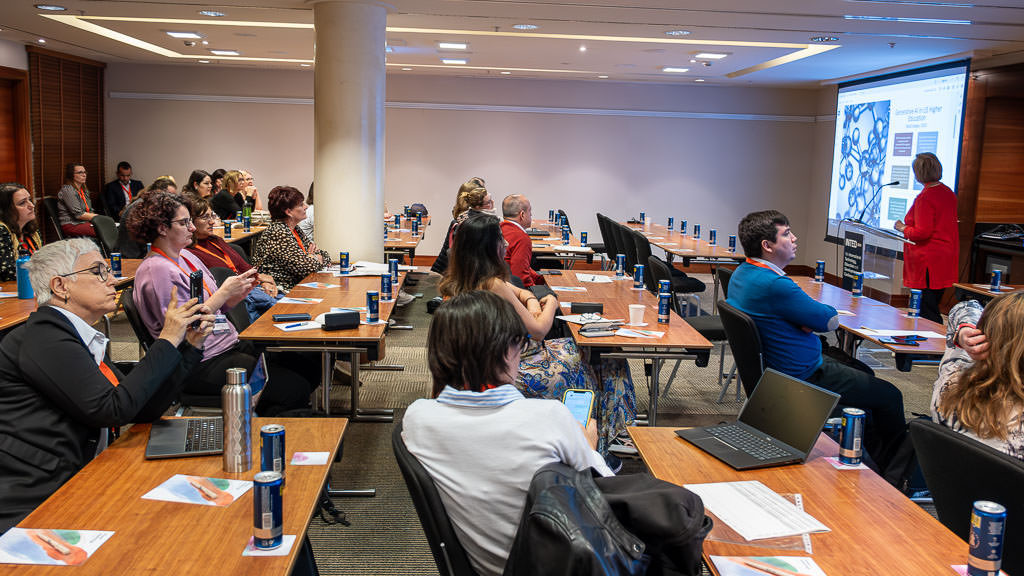Our study presents a theoretical framework for the formulation and structuring of Flipped Learning 3.0 courses, grounded in the practical insights gathered from five adult education centres and academically endorsed by a university. The document elaborates on the creation of competence-focused course modules, adopting a Backwards Design strategy. It elaborates on the generation of specific content for these modules, highlighting the integration of Artificial Intelligence (AI) tools in this endeavour. Preference was given to the use of no-cost tools, in recognition of the financial limitations often encountered by smaller adult education institutions.
The central research question this paper seeks to address is: Can generative AI be effectively utilized to generate course content for Flipped Learning Training courses aimed at adults?
This inquiry is particularly relevant in the context of the economic realities facing small-scale adult education centres, leading to an emphasis on the exploration of freely accessible tools.
The Reality of Generative Artificial Intelligence Tools
Despite the excitement surrounding generative AI (gAI) tools in education, their effectiveness in content creation for Flipped Learning 3.0 presents a mixed picture. These tools, while accessible and capable of reducing workload significantly, come with limitations. Their outcomes require rigorous examination, highlighting that the technology serves more as an assistant rather than a replacement for human expertise. The analogy with the introduction of the pocket calculator in the 1970s underscores the balance between technological aid and the necessity for human oversight, knowledge, and experience.
Feedback from Reviewers
Reviewers have generally endorsed the use of gAI tools in course creation, noting that text generated by AI is indistinguishable from human-created content, though graphical materials betray their AI origin. Key observations include:
- AI tools offer a modest time-saving benefit.
- The demand for qualifications and expertise in course creators remains high, potentially increasing with the integration of AI.
- Vigilant review and verification of AI-generated content are critical, given the occasional inaccuracies and the propensity of AI to generate irrelevant or fabricated content.
- AI excels in text analysis, keyword generation, text improvement, and translations, aiding efficiency and quality.
- In contrast, imaging tools fall short in producing photorealistic quality, often generating artefacts, though they perform well in general image processing tasks.
- Voice-over technology can effectively generate speech, but lacks the emotional depth of a human voice, leading to a preference for human narration in emotionally driven content.
Paper Presentation (Session Artificial Intelligence in Education)
Peter Mazohl (from the European Education Initiative) presented the paper. He also chaired the session on the application of Artificial Intelligence in education.

Peter Mazohl presented the paper fort the DigiComPass Consortium. Besides this he had the honour to chairing the session.
About the INTED 2023
Participating in INTED2024, the 18th annual International Technology, Education, and Development Conference held in Valencia, Spain, from March 4th to 6th, was an enlightening experience. Celebrating its 17th year of groundbreaking achievements, INTED2024 brought together an impressive assembly of lecturers, researchers, technologists, and educational professionals.
With around 700 attendees from 80 different countries, the conference stood out as one of Europe’s premier educational gatherings. Participants had the unique opportunity to delve into the latest research across the education sector, engaging in oral and poster sessions, along with interactive workshops.
Esteemed figures from across the globe shared their knowledge, inspiring those in attendance. One of the major topic was Artificial Intelligence and the role in education. Additionally, the INTED2024 Proceedings compiled all accepted abstracts and papers, ensuring a lasting contribution to the field. Notably, this publication will undergo evaluation for inclusion in the Web of Science (Conference Proceedings Citation Index), and thanks to IATED’s partnership with Crossref, each paper was assigned a DOI number, enhancing its visibility and ease of citation.
The exhibition area further enriched the experience by showcasing cutting-edge educational resources and fostering networking opportunities, paving the way for strategic collaborations. INTED2024 was not just a conference; it was a beacon of inspiration and innovation in education and technology.



